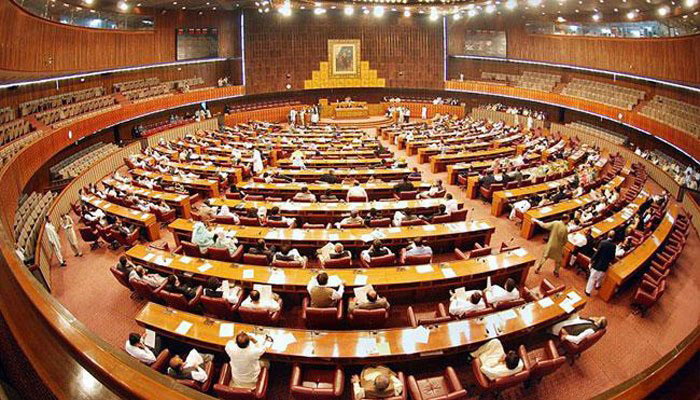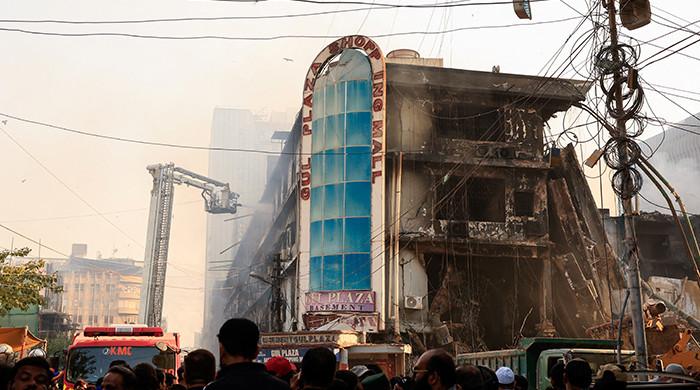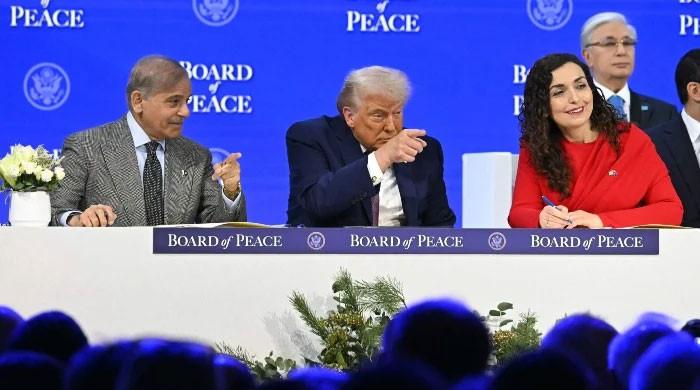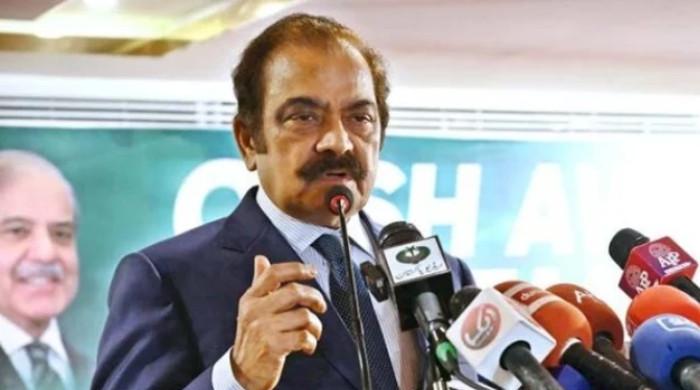Making laws: 19 ordinances, only 8 acts of parliament since PTI came to power
For any bill, introduced by a member of the treasury or a private member, to become law it must go through a series of stages
November 08, 2019

The opposition has been upbraiding the government for acting like an “ordinance making factory”, and treating the parliament as a mere formality.
Normally, law-making it a long and painstaking process. For any bill, introduced by a member of the treasury or a private member, to become law it must go through a series of stages.
Once the bill it tabled, it is debated upon in the parliament. Then, it is vetted line-by-line by a specially convened committee. Here recommendations are made and amendments proposed. After which the bill returns to the lower house for a final debate and vote. When the bill moves to the Senate, the upper house, it goes through another round of debates before getting a final nod and becoming an Act.
Legislative ordinances, on the other hand, originate from the government and are signed into law by the government, therefore the president, who belongs to the ruling party. Pakistan’s constitution pre-conditions that an ordinances can only be issued when the parliament is not in session, or in matters of emergency.
Yet, since coming to power in August 2018, the Pakistan Tehreek-e-Insaf government has made more laws through ordinances, therefore executive orders, then by following the parliamentary and constitutional procedure. Legal experts argue that this is setting a bad tradition, which hoodwinks the principles of accountability and democratic discussion.
Read also: Unconstitutional ordinances
As per Geo.tv’s research 8 bills have been promulgated, from August 2018 to date. These Acts of Parliament were passed by both houses and signed by the president. In comparison, 19 ordinances have been issued, eight in one day, in the same period.
Acts of Parliament
2019
1. The Heavy Industries Taxila Board (Amendment) Act, 2019 ( Act. No. VI of 2019)
2. The Finance Act, 2019 (Act No. V of 2019)
3. The Elections (Second Amendment) Act, 2019 (Act No. IV of 2019)
4. The Finance Supplementary (Second Amendment) Act, 2019 (Act No.III of 2019)
5. The Elections (Amendment) Act, 2019 (Act No.II of 2019)
6. The West Pakistan Prohibition of Smoking in Cinema Houses (Repeal) Act, 2019 (Act No.I of 2019)
7. The West Pakistan Juvenile Smoking (Repeal) Act, 2018 (Act No. XXXIX of 2018)
8. The Finance Supplementary (Amendment) Act, 2018 (Act No.XXXVIII of 2018)
Ordinances
— Signed into law by the president on October 31, 2019
1. Superior Courts (Court Dress and Mode of Address) Order (Repeal) Ordinance 2019
2. Benami Transactions (Prohibition) (Amendment) Ordinance 2019
3. Civil Procedure Code (CPC) Amended Ordinance
4. Legal Aid and Justice Authority Ordinance 2019
5. Letter of Administration and Succession Certificates Ordinance 2019
6. Enforcement of Women’s Property Rights Ordinance 2019
7. Whistle-Blowers Act
8. National Accountability (Amendment) Ordinance 2019 government has denied this.
Other Ordinances
1. The Pakistan Penal Code (Amendment) Ordinance, 2019
2. The National Counter Terrorism Authority (Amendment) Ordinance, 2019
3. The Federal Government Employees Housing Authority Ordinance, 2019
4. The National Information Technology Board Ordinance, 2019
5. Naya Pakistan Housing and Development Authority Ordinance, 2019
6. The Assets Declaration Ordinance, 2019
7. The Pakistan Medical and Dental Council Ordinance, 2019
8. The Elections (Amendment) Ordinance, 2019
9. The Federal Public Service Commission (Validation of Rules) Ordinance, 2018
10. The Elections (Amendment) Ordinance, 2018
11. The Pakistan Electronic Media Regulatory Authority (Amendment) Ordinance, 2018











